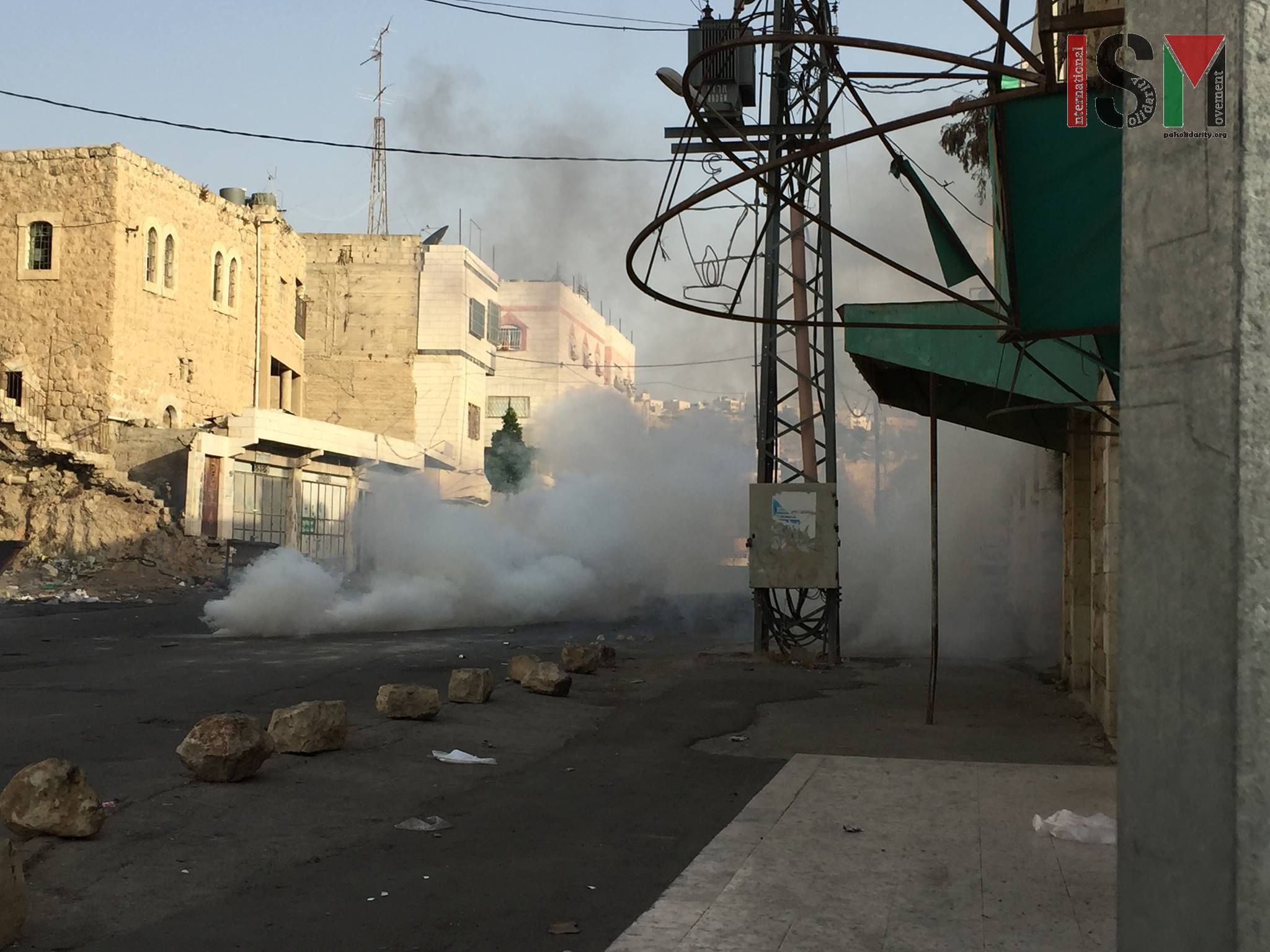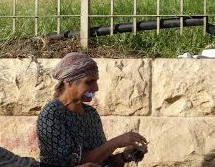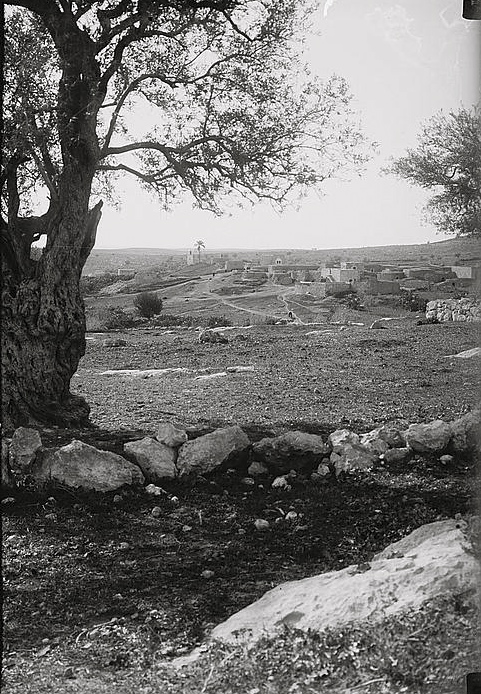Category: Features
-
Escalating tear-gas deployment against school children in Hebron
Monday morning, October 12th, 2015 Israeli forces pummeled Palestinian children going to school near Salimeh & Queitun checkpoints in Hebron with a total of 19 rounds of tear-gas and one stun grenade fired. The onslaught began at 7:41 am when a crowd of children could be heard playing noisily in the street near several primary…
-
Settler attacks international – eats notebook
12th October 2015 | International Solidarity Movement, al-Khalil team | Hebron, occupied Palestine Yesterday afternoon, two girls were arrested by Israeli forces in occupied al-Khalil (Hebron). International human rights observers documenting the ungrounded arrest were harassed by settlers in front of the Israeli police station. Two young school-girls, aged 14 and 16, were stopped by…
-
Dheisheh Refugee camp: One family’s story
12th October 2015 | International Solidarity Movement, Al-Khalil team | Hebron, occupied Palestine Sun streams through the bedroom window of Amira, an elderly woman in her mid 70’s who has spent a lion’s share of her life living inside Palestinian refugee camps. Amira, who cannot speak and is completely immobile in her bed, shifts her…



